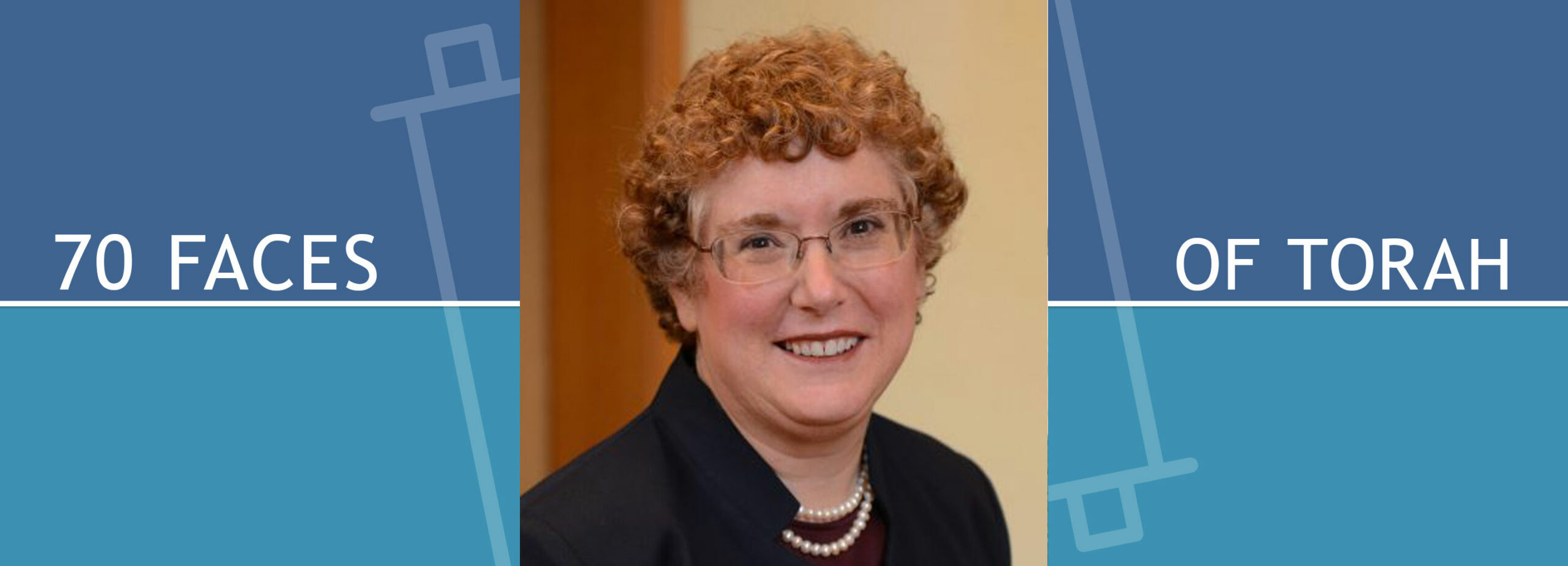Genesis Difficult Beginnings

Parashat Bereshit, Genesis 1:1–6:8.
“All beginnings are hard,” commented Rashi, a medieval Jewish commentator, on a verse in the Torah. Yet, this week, as we begin a new liturgical cycle of the Torah with the reading of Bereishit 1, this does not immediately appear to be the case. After all, God quite easily creates the world from the pre-existing unformed matter (1:2). Indeed, all God needs to do is speak, and light is created (1:3).
The world that God is creating is so calm and ordered. For example, the creation of light on Day One finds its echo on Day Four, when the lights are created; Day Two’s creation of the sky and the sea is given more detail in the creation of the birds of the sky and the animals of the sea on Day Five, etc. On each new day, God creates a part of our world and sees that it is good (1: 10, 12,18, 21, 25). At the culmination of this creation story, humanity is created (1:26,27). We are the only beings created betzelem ‘elohim, in God’s likeness. Perhaps, because of this, we are the first part of creation to be judged as “very good” and endowed with great possibility and responsibility to rule the earth (1:28-31). Belying Rashi’s comments, things are off to a strong beginning!
Unfortunately, this serene state does not last for too long. Even a Divine plan can quickly go awry! God’s creation of Adam is not quite as God intended. As we turn to the following chapters, God initially planned for Adam’s ezer kinegdo (fitting helpmate) to be an animal (2:18-20). But it quickly became evident that God’s initial plan would not work, so God adapted to the new circumstance and came up with a different solution (2:22).
This same pattern of plan, obstacle, new plan, solution soon repeats itself. Disregarding God’s instructions, the people both ate the fruit from the forbidden tree and gained sexual knowledge, and, with it, mortality (3:6). God’s plan of having the people live in Gan Eden was hereby thwarted and now the responsibility was on them to arrive at a new solution. Forever banished from the garden, people leave the comforts and security of the garden and establish cities and towns (4:17). Out of the pain of leaving the garden, they discover something new brimming with wonderful possibilities that heretofore could not have been imagined.
Perhaps we are in our own version of creation, and needing to find new options for doing things. As we begin reading Parashat Bereishit again, we are facing another challenging beginning. For the second year, we are starting our Torah cycle dealing with the stresses and disappointments that have come in the wake of Covid-19. Many of us have made plans that have unexpectedly been thwarted, even sometimes very late in the game. We have needed to adapt and make changes that have often demanded great flexibility and resiliency.
As we begin this new cycle, I am finding comfort in Rashi’s words that beginnings are hard. And sometimes, even if the beginnings unfold with relative ease, before we know it, something difficult has arisen. This week’s parsha teaches us that when things don’t go according to the first plan, perhaps we need to dig deep within ourselves, take a breath, and re-group. Perhaps we can take some inspiration from the first chapters of Genesis—that is, to tap into the part of us that is created in God’s image and follow God’s example of pivoting, adapting, and creativity finding new avenues of possibility.
May the light of God’s creation offer us new paths and possibilities of finding moments of serenity and new solutions to obstacles that inevitably come our way. Shana tova.
Susie Tanchel is Vice President of Hebrew College in Newton Centre, Mass. She is the former head of school at JCDS: Boston’s Jewish Community Day School and was a founding faculty member at Gann Academy. Dr. Tanchel holds a BA and PhD from Brandeis University. She received the 2018 Covenant Award, one of the highest honors in the field of Jewish education.

